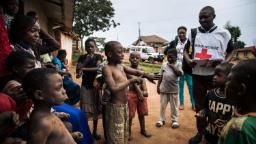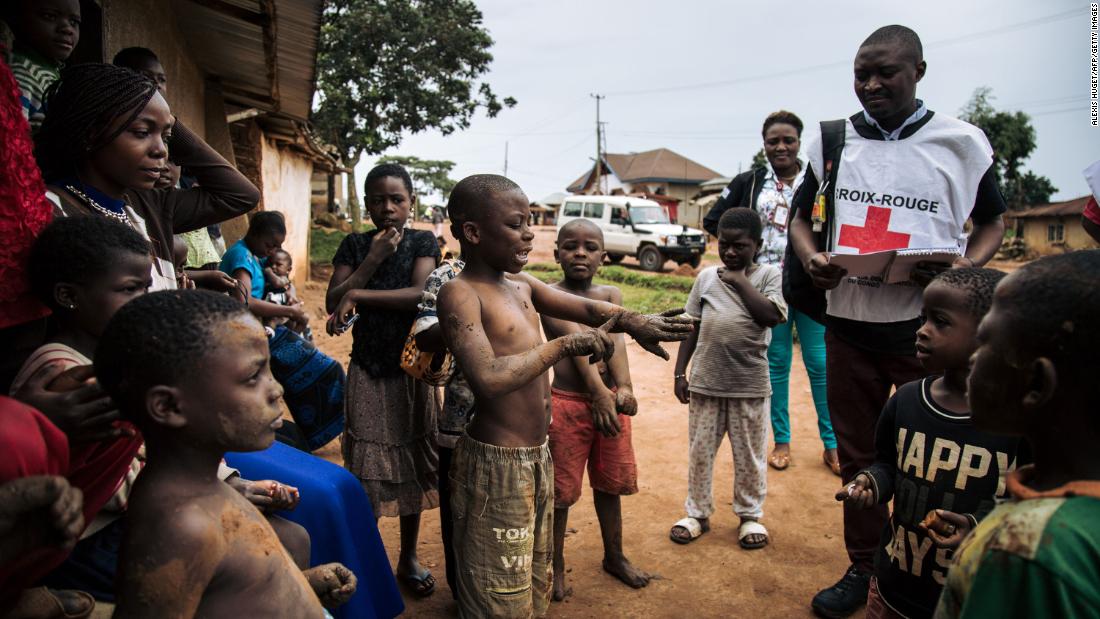[ad_1]

“Time is not on our side,” said Dr. Matshidiso Moeti, WHO Regional Director for Africa. “The disease has had a two-week head start and we are now playing catch-up. The positive news is that health authorities in the Democratic Republic of the Congo have more experience than anyone else in the world at controlling Ebola outbreaks quickly.”
So far, only one case has been confirmed, the WHO said. The patient was a 31-year-old man, who began experiencing symptoms on April 5. He sought treatment at a local health facility after being sick for more than a week at home. The man was admitted to an Ebola treatment center on April 21 for intensive care but died later that day, the WHO said.
Health workers recognized the symptoms of Ebola and “immediately” submitted samples for testing, WHO said. “Efforts to stem the current outbreak are already underway,” the organization said, and vaccinations will start in the coming days.
“Many people in Mbandaka are already vaccinated against Ebola, which should help reduce the impact of the disease,” said Moeti. “All those who were vaccinated during the 2020 outbreak will be revaccinated.”
The deceased patient received “a safe and dignified burial, which involves modifying traditional funeral ceremonies in a way that minimizes the risk of contagious fluids infecting attendees,” the WHO said. Anyone who came in contact with the patient is being identified and will be monitored, and the health facility where the patient received care has been decontaminated, the organization added.
The previous outbreaks in Equateur Province were in 2020 when 130 cases were reported, and in 2018, when 54 cases were recorded, the WHO said.
“Ebola is a severe, often fatal illness affecting humans and other primates,” the WHO added. Case fatality rates have varied from 25% to 90% in past outbreaks but effective treatment is available and if patients receive it early on, their chances of survival “improve significantly,” it said.
The DRC has had more Ebola outbreaks than any other country since the virus was first discovered near the Ebola River in the DRC’s northern region in 1976.
[ad_2]
Source link
